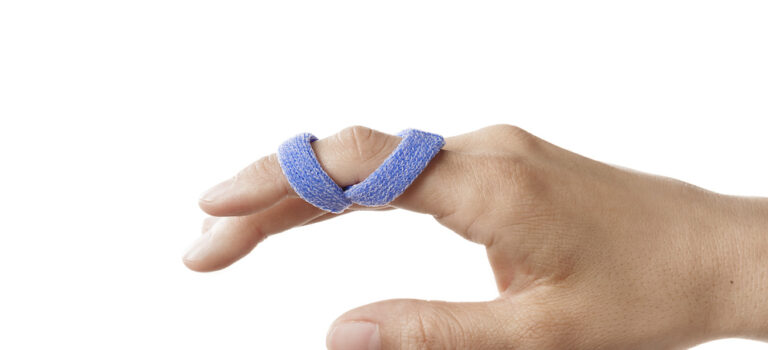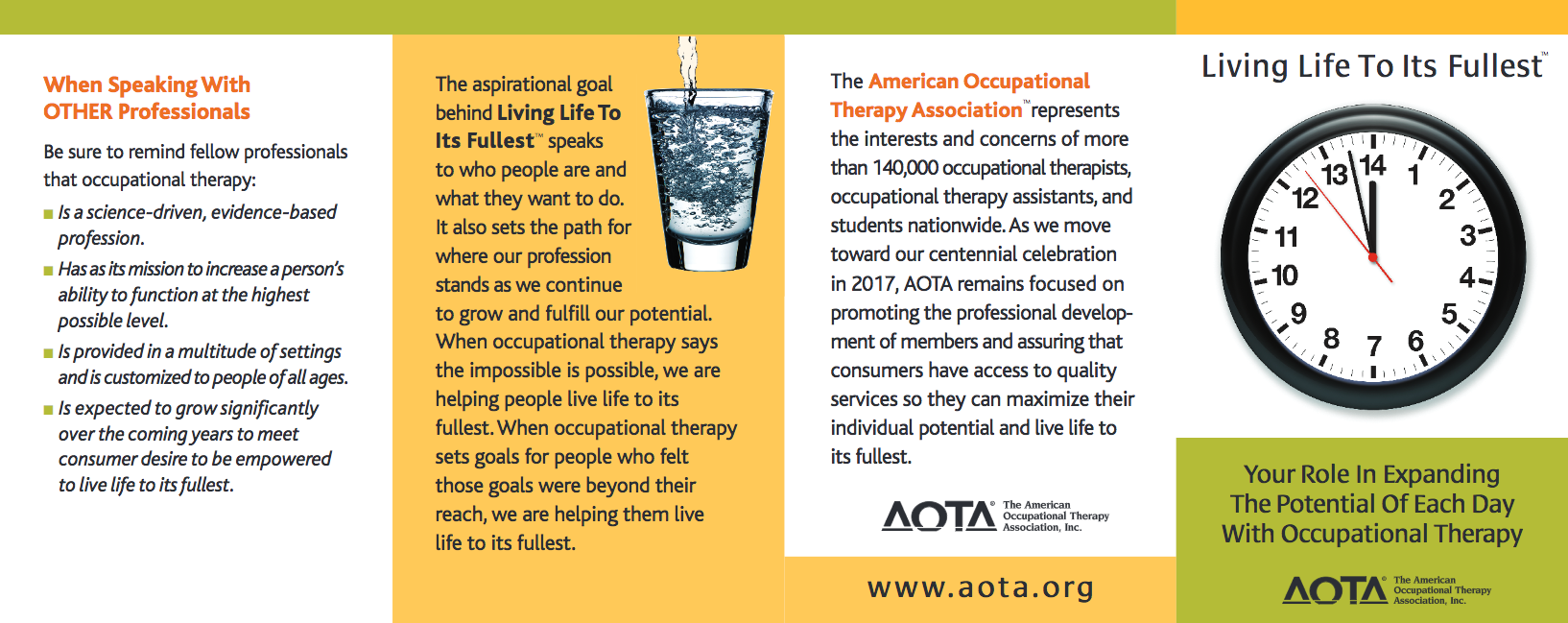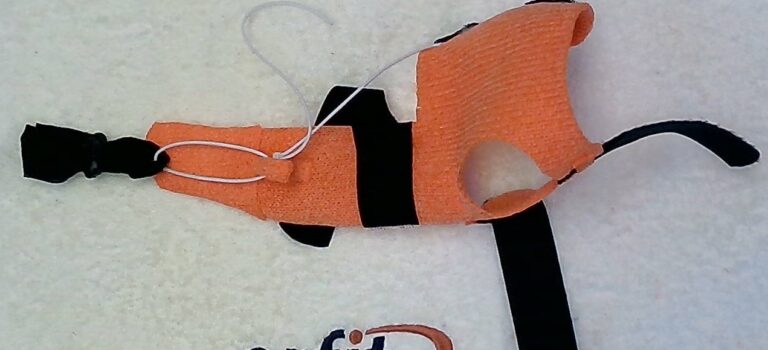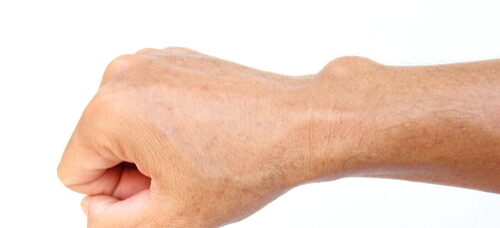
April is OT month!
April is OT month, recognizing the important work of all occupational therapists and occupational therapy assistants.
This dedicated profession helps people of all ages participate in the activities that are meaningful to them through the therapeutic use of everyday activities. Occupational Therapy practitioners utilize a holistic and customized approach to evaluations, interventions, and outcomes to help a child with disabilities participate in school and in social situations, assist a person recovering from injuries to regain skills or aid an older adult to stay as independent as possible. OT’s offer unique and individual support and services to people of all ages and in all circumstances of life. Client centeredness, enabling occupation and empowerment are only a few of the keywords every occupational therapist bears at heart.
Occupational Therapy Month began in 1980. It is in April to correspond with AOTA’s Annual Conference & Expo which was just held in Philadelphia!
Orfit Industries is proud to recognize the important contributions of Occupational Therapy practitioners and offers them high quality thermoplastic materials for functional adaptions and aids as well as custom supportive orthoses.
Find more info on www.aota.org




